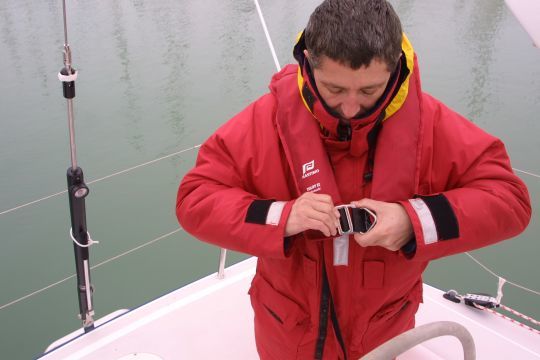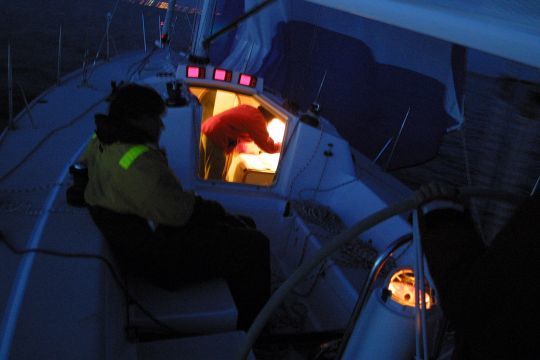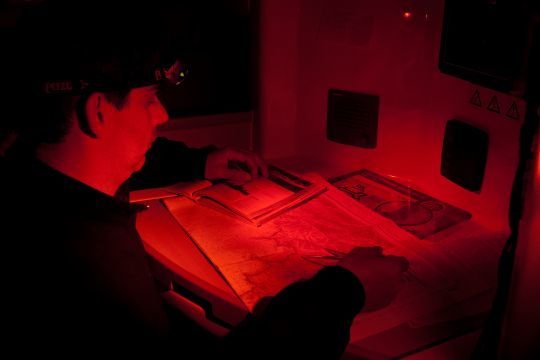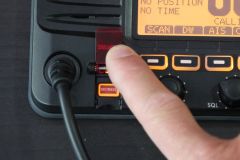Skipper: an undisputed authority
The skipper is the boat's legal and moral authority. As such, he or she is responsible for the safety of those on board, for making decisions in the event of unforeseen circumstances, and for organizing life on board. He or she is responsible for compliance with maritime regulations, in particular the RIPAM (International Regulations for Preventing Collisions at Sea), and for the conformity of safety equipment.
He can be held liable in the event of an accident, poor maneuvering or lack of supervision. As such, he or she must always remain vigilant, make the right decisions and know how to delegate when necessary, while keeping an eye on the whole crew.

Safety: a constant priority
Even before casting off, the skipper must :
- Check the condition of the boat and safety equipment (liferaft, life jackets, fire extinguishers, etc.).
- Brief the crew on safety instructions and emergency maneuvers.
- Make sure everyone knows how to use the means of communication and where to find essential equipment.
During navigation, he must ensure that the rules are respected: wearing a lifejacket, harness if necessary, constant vigilance.

During maneuvers: coordination and anticipation
During manoeuvres, the skipper must :
- Clearly explain the actions to be taken to each crew member.
- Choosing the right moment to tack, reef or anchor.
- Make sure everyone stays in their place and acts safely.
He must also anticipate risks, monitor danger zones, and take account of weather, shipping traffic and local conditions.

Organization of watches and logbook
On ocean cruises or long voyages, the skipper sets up a watch organization to ensure that the boat is watched 24 hours a day. He must :
- Distribute watch shifts fairly according to each person's abilities.
- Note changes in the logbook: weather, course, speed, incidents, decisions taken...
- Make sure each shift is aware of the instructions.
A well-kept logbook can prove invaluable in the event of an inspection, an accident or simply to analyze your navigation afterwards.

In a nutshell
The skipper is the guarantor of smooth sailing. His role goes far beyond the helm: he is a trainer, coordinator, decision-maker and protector. A good skipper knows how to combine authority and benevolence, rigor and adaptation.
Sailing also means learning to steer. Want to learn more or improve your skippering skills? Training is the key. Test your skills in real-life situations and build your confidence on board!

 /
/ 







